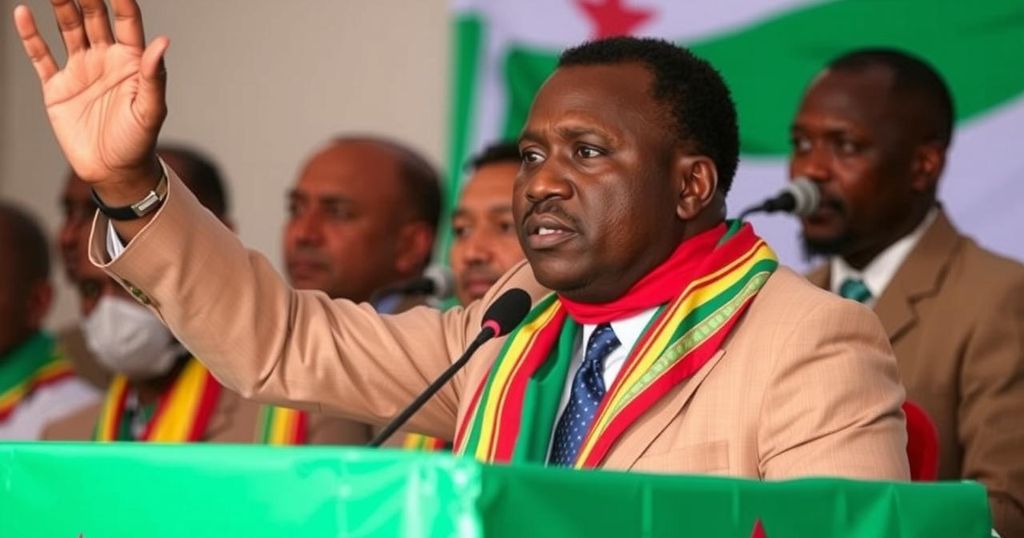Chad’s Ruling Party Secures Majority Amid Opposition Boycott in Elections
In Chad’s December parliamentary elections, the ruling Patriotic Salvation Movement won a significant majority amid a boycott by opposition parties. With 124 out of 188 seats obtained and a voter turnout of 51.5 percent, President Mahamat Idriss Déby’s authority is further solidified despite criticisms labeling the elections illegitimate. This marks Chad’s first parliamentary elections in over ten years, with challenges from security threats in the region persisting.
The recent parliamentary elections in Chad have seen the ruling Patriotic Salvation Movement secure a commanding majority, with provisional results indicating that they won 124 out of 188 seats. This election, which faced a boycott from over ten opposition parties, strengthens the political authority of President Mahamat Idriss Déby, who has been in power since a military takeover in 2021. Voter turnout was reported at 51.5 percent, marking it as the first parliamentary election in over a decade. The election results come amidst ongoing security challenges in the region and are part of Deby’s promise of decentralization in governance, a point of contention for the opposition who labeled the election a “charade.”
Chad’s parliamentary elections represent a crucial turning point for the nation, marking the culmination of a transitional government led by President Mahamat Idriss Déby after the death of his father, Idriss Déby Itno, who had ruled for 30 years. Despite the promise of modernization and decentralization, the elections have been criticized for lack of credibility caused by the opposition boycott. These elections are pivotal as Chad navigates a complex landscape of security threats and historical ties with France, presenting both opportunities and challenges for the ruling party.
The results of Chad’s parliamentary elections are indicative of the ruling Patriotic Salvation Movement’s stronghold on the country, especially given the opposition’s boycott. While the government lauds the elections as a step towards decentralization, the criticisms from opposition parties regarding the legitimacy of the electoral process raise significant concerns. As Chad advances in its political transition, the intersection of governance reform and security challenges will be pivotal in shaping the future of the nation.
Original Source: www.rfi.fr




Post Comment